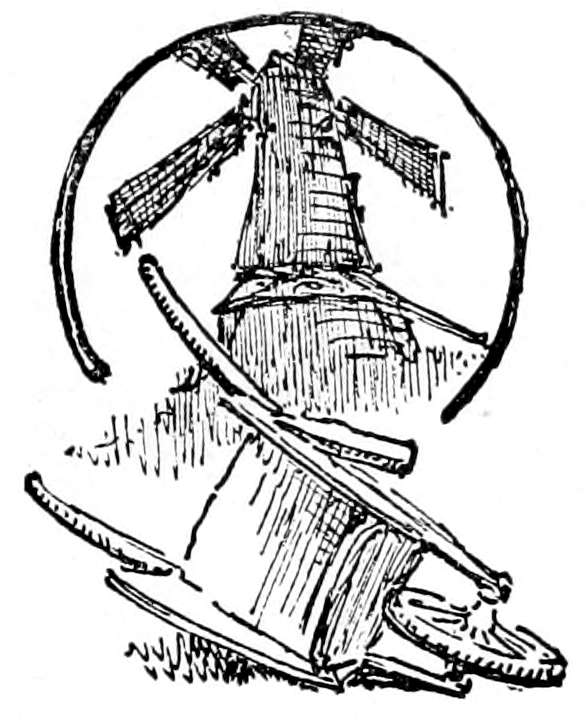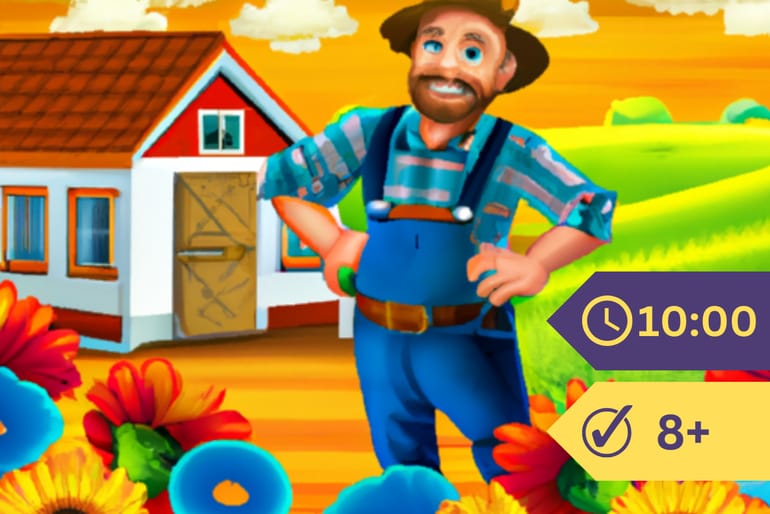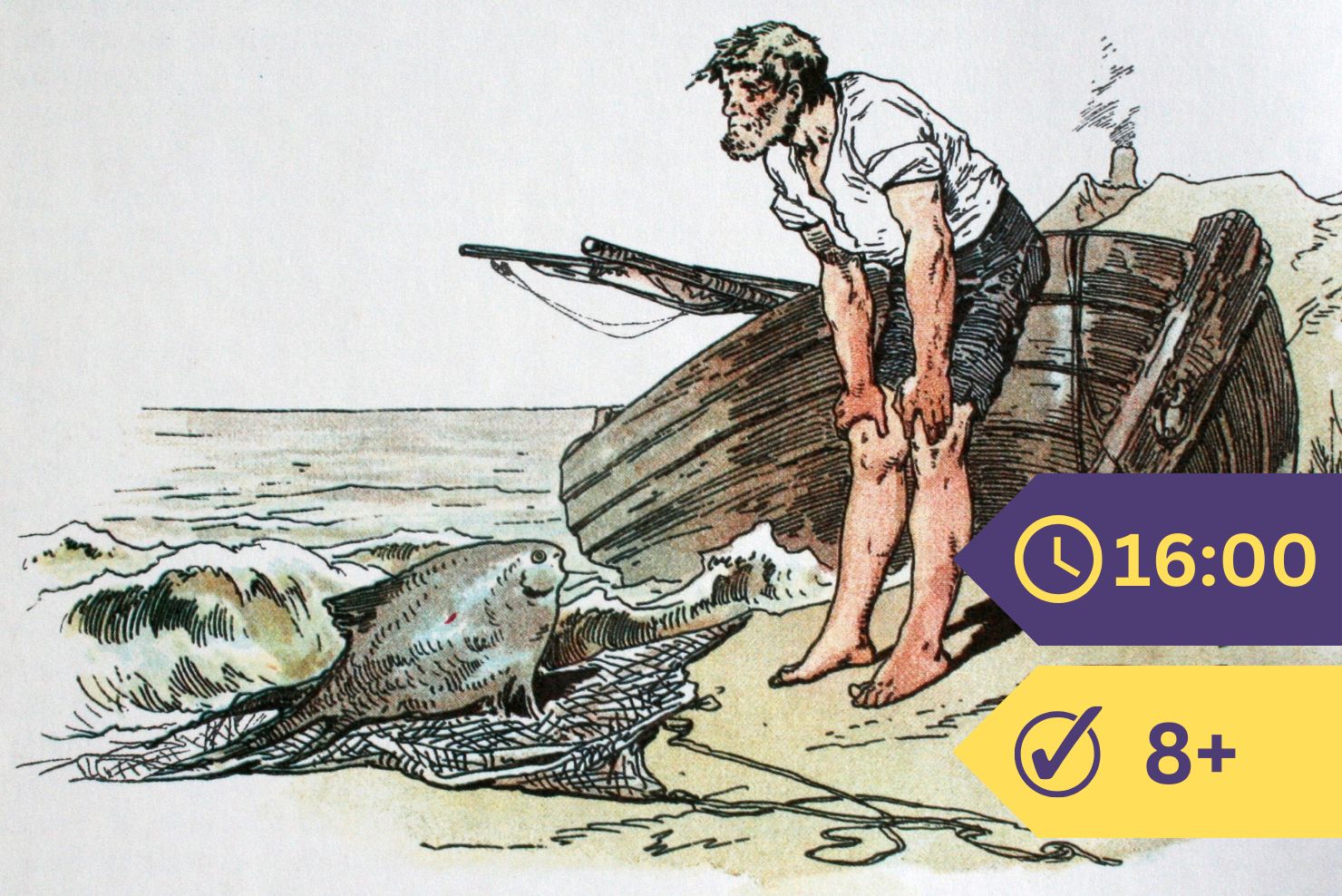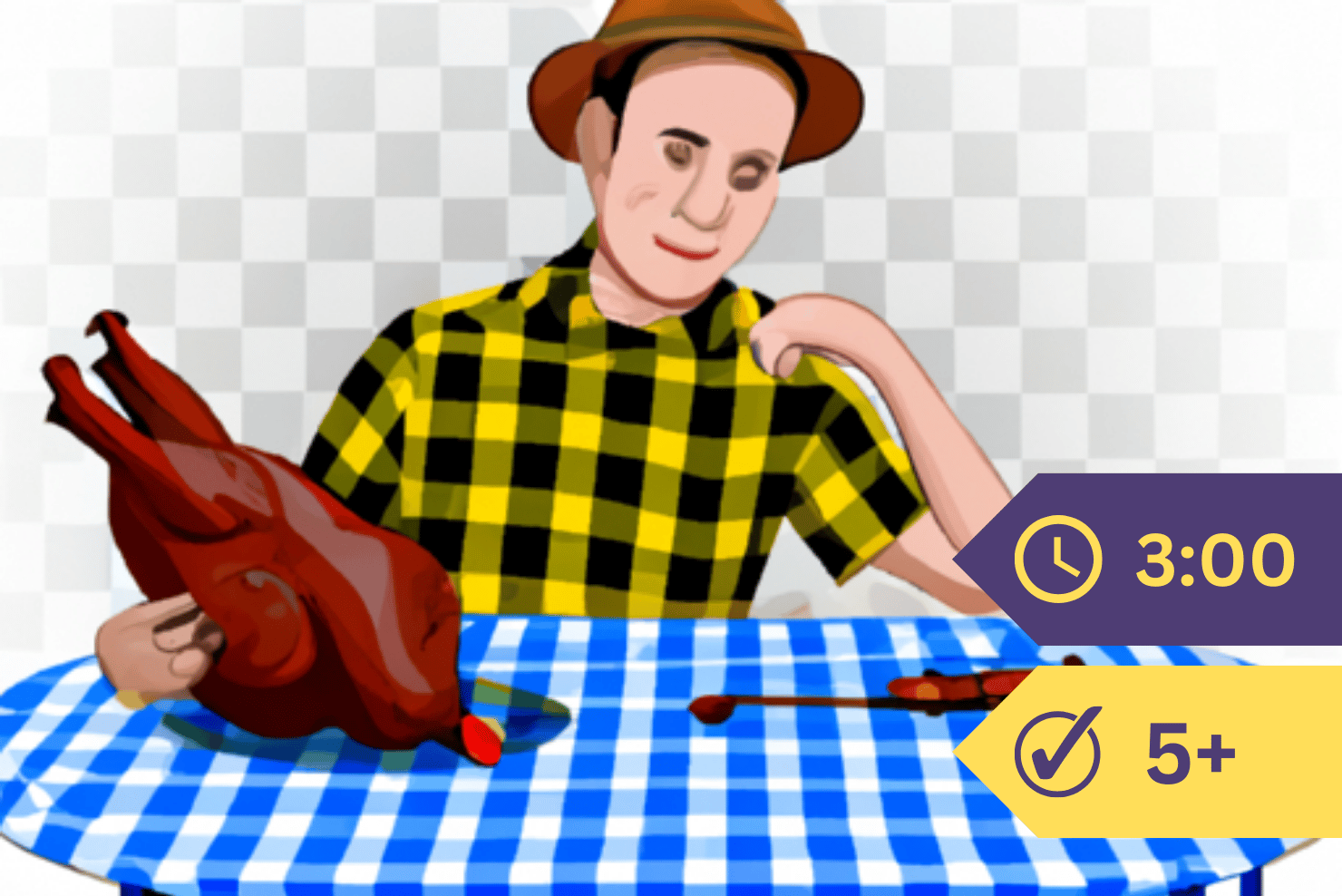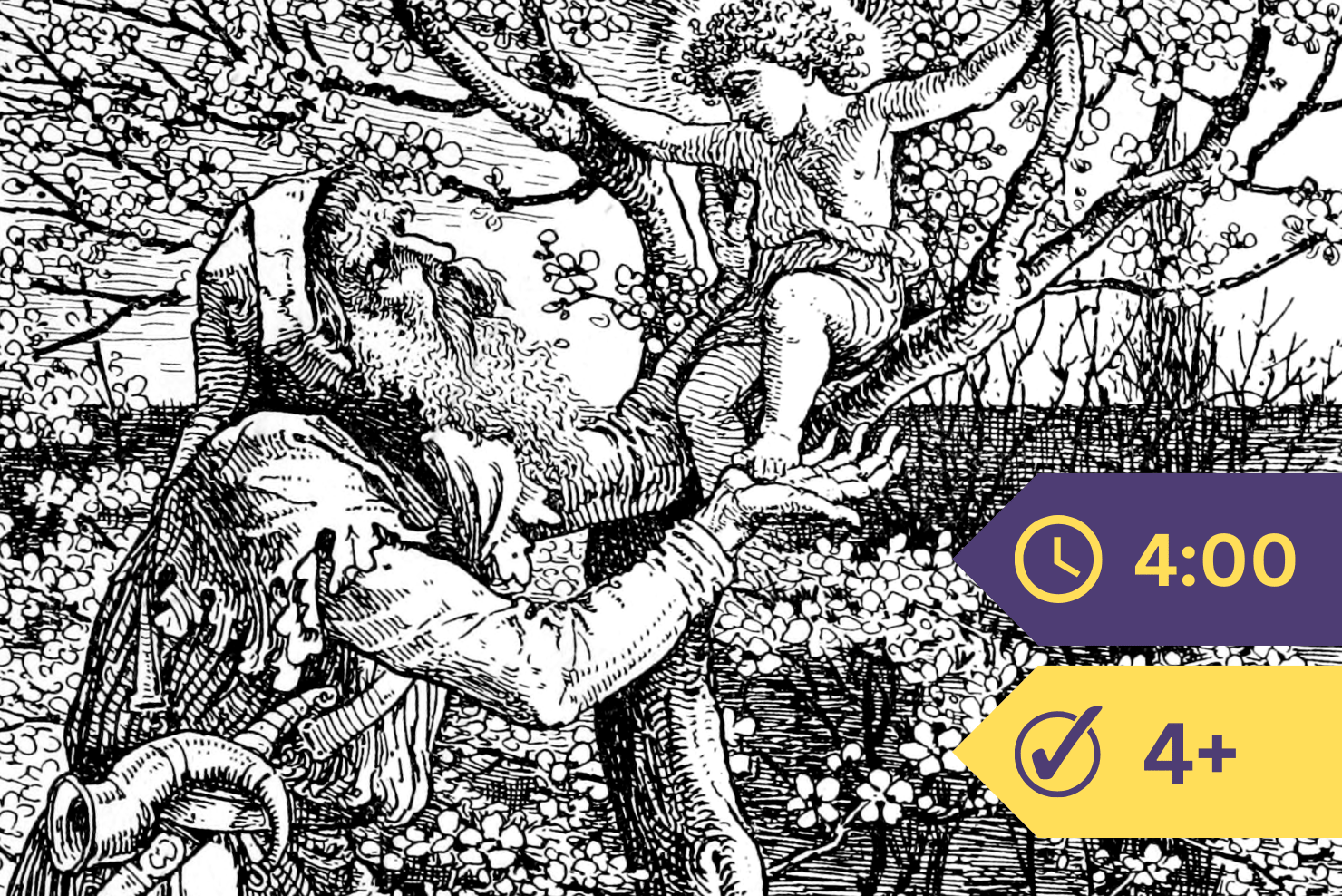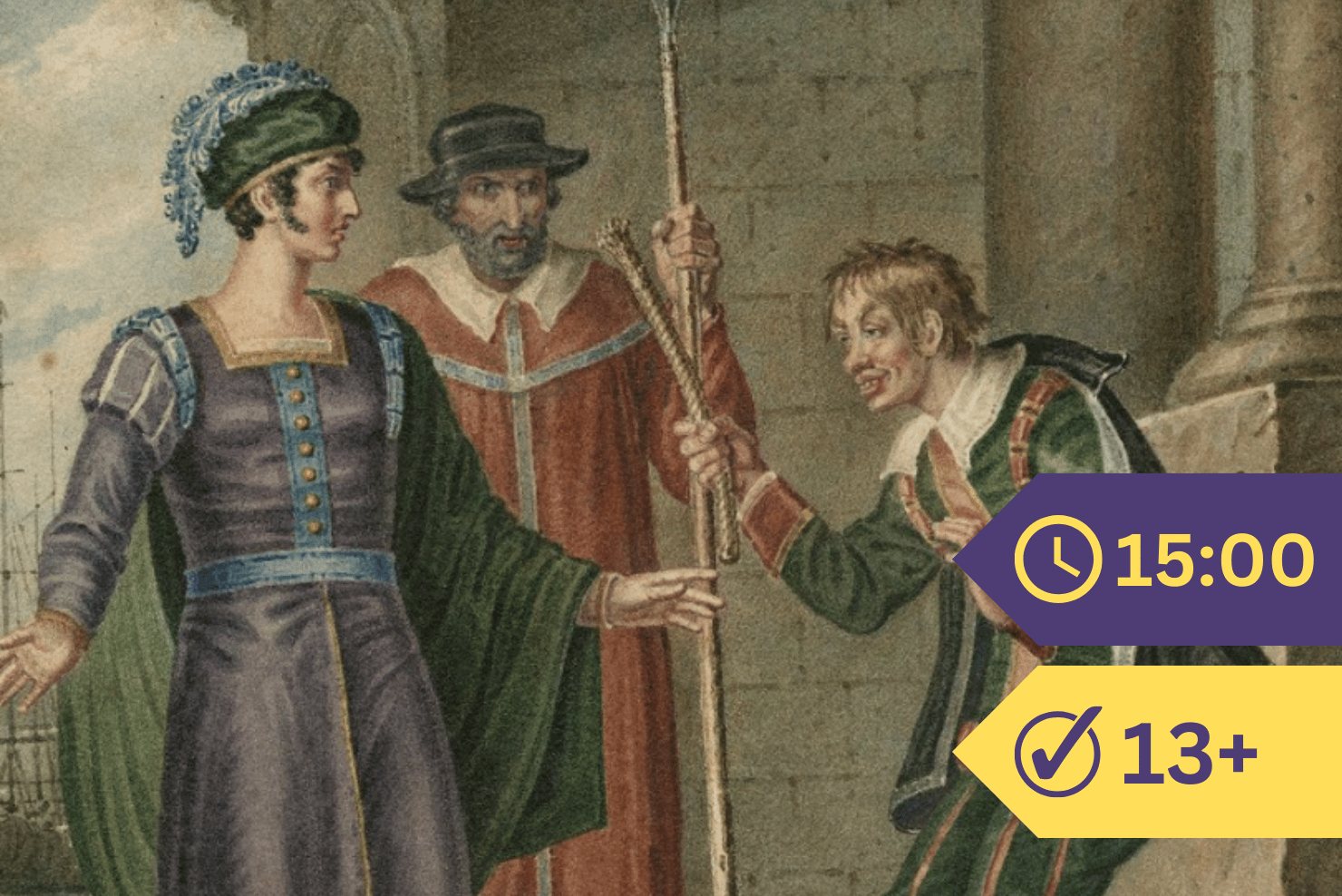Once upon a time, there was an honest man named Hans. He had a kind heart and a cheerful, round face. Hans lived in a small cottage and worked in his garden every day. There was no garden in the whole land as beautiful as Hans’ garden. Sweet Williams, carnations, shepherd’s purses, violets, crocuses, rosemary, basil, and daffodils grew in his garden. Every month a new flower bloomed. It always smelled wonderful in Hans’ garden.
Little Hans had many friends, but his best friend was the wealthy miller. The rich miller was such a devoted friend that he never passed by Hans’ garden without picking some flowers, herbs, or fruits. “True friends share everything,” the miller always said. And little Hans nodded and smiled, proud to have a friend with such noble thoughts. The neighbors thought it was strange that the rich miller never gave anything back to Hans, but Hans didn’t worry about it. He loved listening to the miller’s beautiful words about the selflessness of true friendship.
So little Hans worked hard in his garden. In the spring, summer, and fall, he lived prosperously, but in the winter, he had no fruit or flowers to sell and suffered from hunger. He was also very lonely in the winter because the miller never visited him then. “There’s no point in visiting Hans as long as there’s still snow,” the miller would say to his wife. “When someone is in trouble, you’re better off leaving them alone. When spring comes, I’ll visit him again. Then he can give me a basket of roses as a gift. That will make him happy.”
“You always think of others,” his wife said. “But can’t we invite Hans here?” asked the miller’s youngest son. “If he’s in trouble, he can have half of my porridge.” “What a foolish idea!” exclaimed the miller. “Are you learning anything in school? If Hans saw us here by the warm fire, the delicious food, and the red wines, he would get jealous, and his character would be ruined. I won’t allow that with my best friend. Besides, Hans might ask for some flour on credit. And I can’t do that. Flour is flour, and friendship is friendship. Don’t mix the two.”
“You speak beautiful words,” said the miller’s wife from her comfortable chair. “Many people behave well,” continued the miller, “but few people speak well. This just shows that words are much harder than actions.” As soon as winter was over and the roses began to bloom, the miller told his wife he was going to visit Hans. “You have such a good heart,” his wife exclaimed, “you always think of others. And don’t forget to bring a big basket for the flowers.”
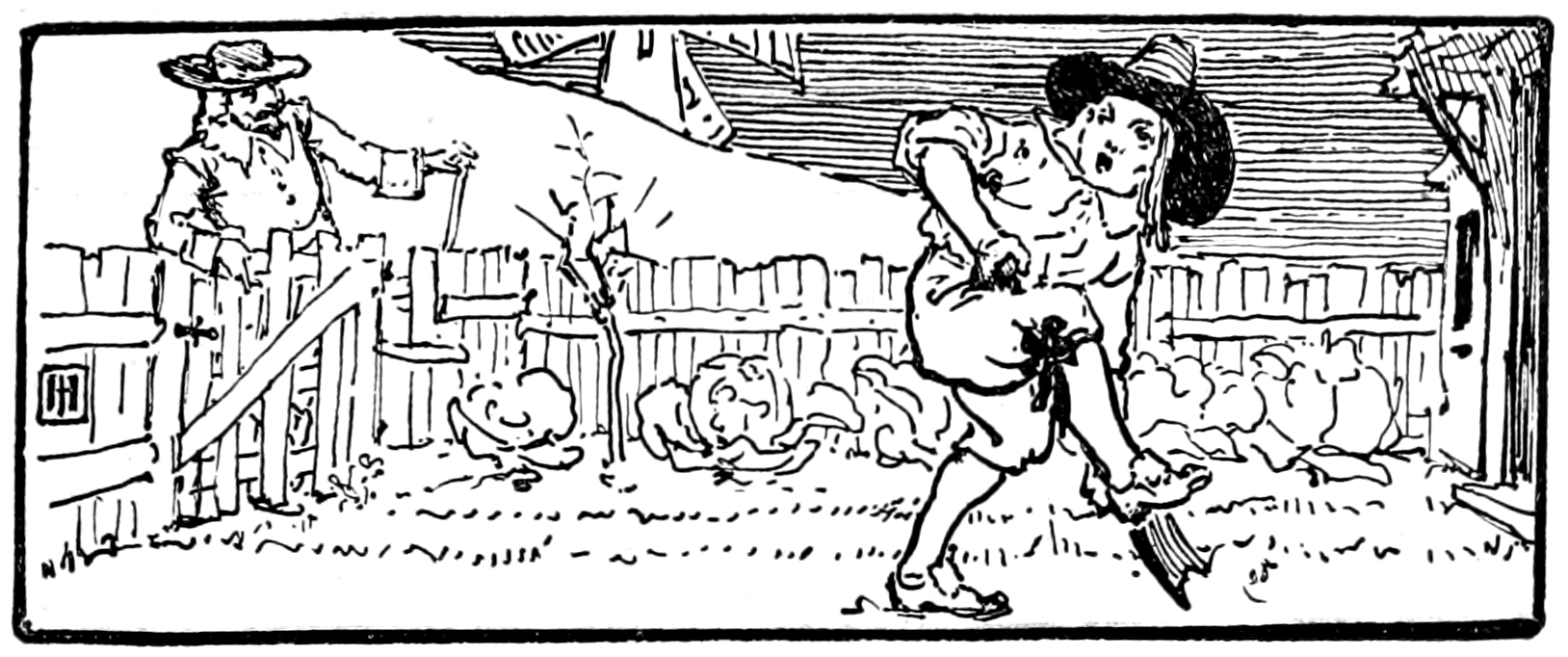
So the miller set off with a giant basket to visit Hans: “Good morning, Hans, how was your winter?” “How kind of you to ask,” Hans replied. “It was very hard, but I’m glad it’s spring and my flowers are blooming.” “We talked about you often this winter,” the miller said, “we wondered how you were doing.” “That’s kind of you,” said Hans. “I was afraid you had forgotten about me.”
“How do you come up with that, Hans? A true friendship never forgets,” said the miller. “By the way, the roses look beautiful.” “Yes, they are gorgeous this year. I’m going to take them to the market and sell them to the mayor’s daughter. With the money, I can buy back my wheelbarrow.” “Did you sell it?” the miller exclaimed in surprise. “How foolish of you.” “I had no choice,” Hans responded sadly. “I had no money for bread and had to sell everything.”
“Hans,” said the miller. “You can have my wheelbarrow. It’s missing a side and the wheel is broken, but you can have it. I know it’s incredibly generous, and many people may think I’m crazy, but I’m not like most people. I believe selflessness is the essence of true friendship. And besides, I bought a new one. Yes, don’t worry, you can have my wheelbarrow.”
“That’s incredibly generous of you,” said little Hans gleefully. “I can fix it easily, I have a piece of wood at home.” “A piece of wood?” said the miller. “That’s just what I need to fix my roof. It’s amazing how one good deed leads to another. Of course, the wheelbarrow is worth more than the wood, but a true friend doesn’t keep track of those things. Take it quickly, and I’ll get to work today.”
“Of course,” cried Hans, and he took the wood. “Hmm, it’s not very big,” said the miller. “I’m afraid there won’t be anything left to repair the wheelbarrow after I fix the roof. But I can’t help that. Well, now that I’ve given you my wheelbarrow, you’ll surely give me a full basket of flowers.”
“A full basket of flowers?” asked Hans somewhat crestfallen. It was a huge basket, and he knew there wouldn’t be any flowers left to sell at the market. “Well,” replied the miller, “I gave you my wheelbarrow. A few flowers won’t be too much to ask. I thought there was no room for selfishness in a true friendship.” “My best friend,” said Hans, “take as many flowers as you like.” And together they filled the miller’s basket.
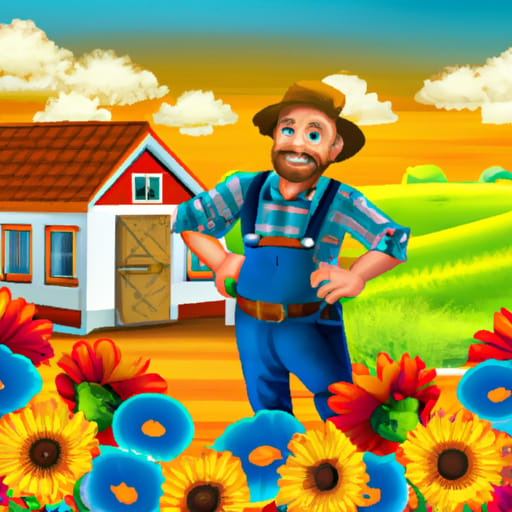
The next day, the miller came to Hans’s house and asked him to carry a heavy bag of flour to the market and sell it. “I’m sorry, but I’m very busy today,” said Hans. “There’s a lot to do in the garden.” “I find it rather unfriendly of you to refuse,” replied the miller. “After all, I gave you my wheelbarrow.” “Oh no, I don’t want to be unfriendly,” said Hans, and he set off. When Hans collapsed into bed exhausted that evening, he said to himself, “I’m glad I didn’t refuse the miller. He’s my best friend, and he gave me his wheelbarrow. That’s incredibly generous.”
The next morning, the miller came to collect the money for the bag of flour, but Hans was still in bed due to exhaustion. “Unbelievable, you are so lazy,” said the miller. “Since I gave you my wheelbarrow, you should work harder. Good friends should be able to say unpleasant things to each other. That’s part of friendship.” “I’m sorry,” said Hans. “I was so tired from carrying the bag of flour to the market that I stayed in bed a little longer.” “Get out of bed,” said the miller. “I want you to fix my roof.”
Poor little Hans actually wanted to work in his garden because his flowers had not been watered for two days, but he didn’t want to refuse his good friend the miller. “Is it unfriendly if I say that I’m busy?” asked Hans. “To be honest,” said the miller, “it doesn’t seem like too much to ask. After all, you’re getting my wheelbarrow. But if you don’t want to, I’ll do it myself.” “No, no!” cried little Hans, and he worked hard all day on the miller’s roof. “There is nothing more beautiful than working for others,” the miller preached at the end of the day. “But rest now, because tomorrow I want you to herd my sheep up the mountain.”
Little Hans was afraid to say anything and went on his way the next day. This went on for a while. Hans wanted to work in his garden, but his friend the miller demanded all his time. Sometimes he felt uncomfortable, but then he remembered that the miller was his best friend and that he would also get his wheelbarrow. So Hans continued to work for the miller and the miller spoke beautiful words about friendship.
One evening, Hans was sitting in his chair and the miller knocked on the door in a panic. “My son fell off a ladder,” said the miller. “I was on my way to the doctor, but the storm is so bad that I thought you’d better go. You’re getting my wheelbarrow, so it seems fair that you do something for me.” “Of course,” cried Hans, “I am honored that you ask me for help. I’ll leave immediately, but can I borrow your lantern? It’s so dark outside, and I’m afraid I might fall into a ditch.”
“I’m sorry,” said the miller, “but the lantern is brand new, and I don’t want anything to happen to it.” So Hans set off in the dark during the terrible storm to go to the doctor. After three hours, he arrived at the doctor’s, knocked on the door, and explained the situation. “I’ll leave immediately,” said the doctor, and he got on his horse.
Hans returned home on foot, but the storm got worse and worse. The rain came down in buckets. Hans lost his way, ended up in the bog, and fell into a deep hole. Poor little Hans drowned there, and his body was found the next morning by a goatherd. Everyone went to little Hans’s funeral because he was very beloved, and the miller was the most grief-stricken. “I was his best friend,” said the miller, “so it’s only fair that I have the best place.” So the miller walked at the front of the funeral procession, wiping away his tears with a handkerchief.
“Little Hans is a great loss for everyone,” said the blacksmith after the funeral. “Absolutely,” replied the miller. “I was about to give him my wheelbarrow, and now I don’t know what to do with it.”
